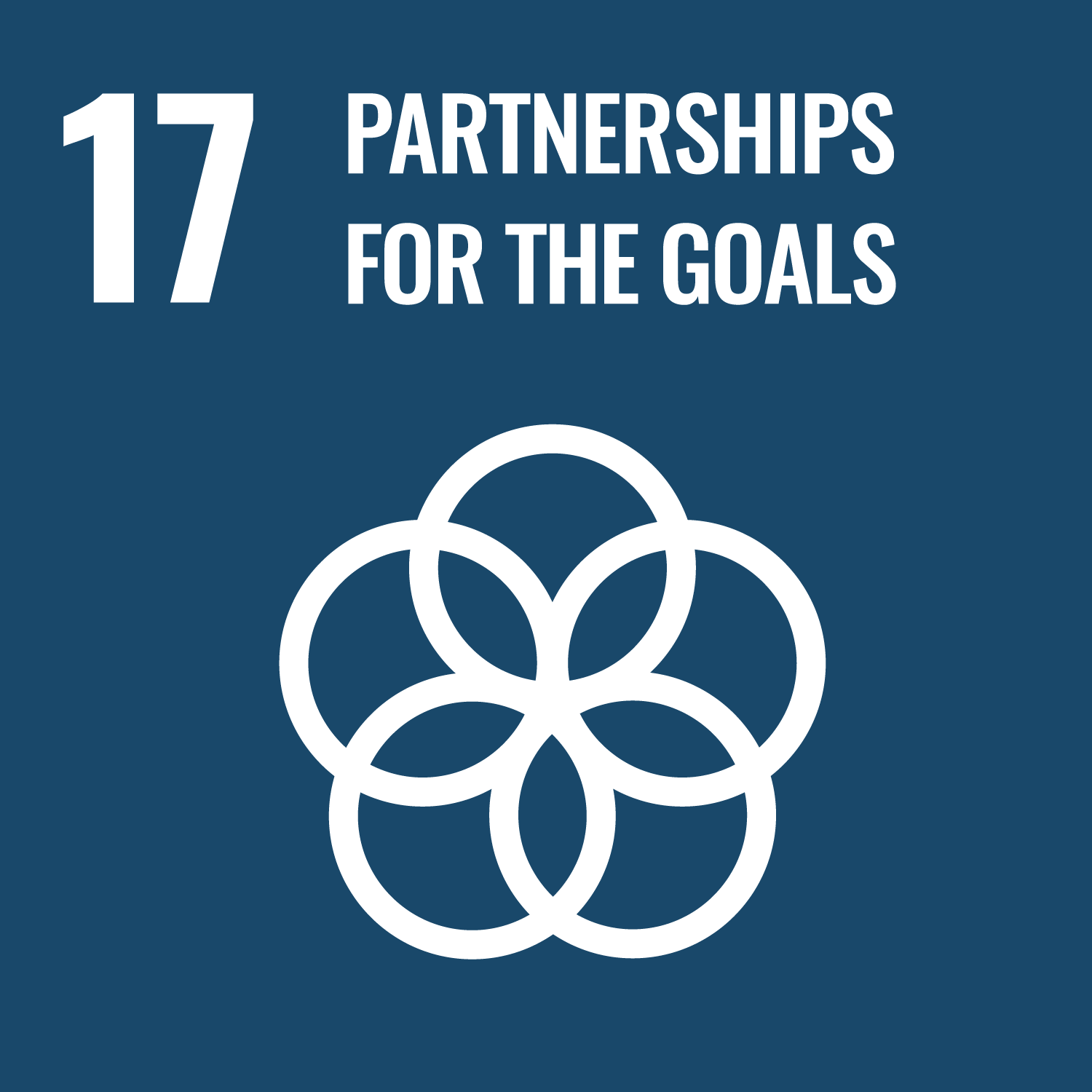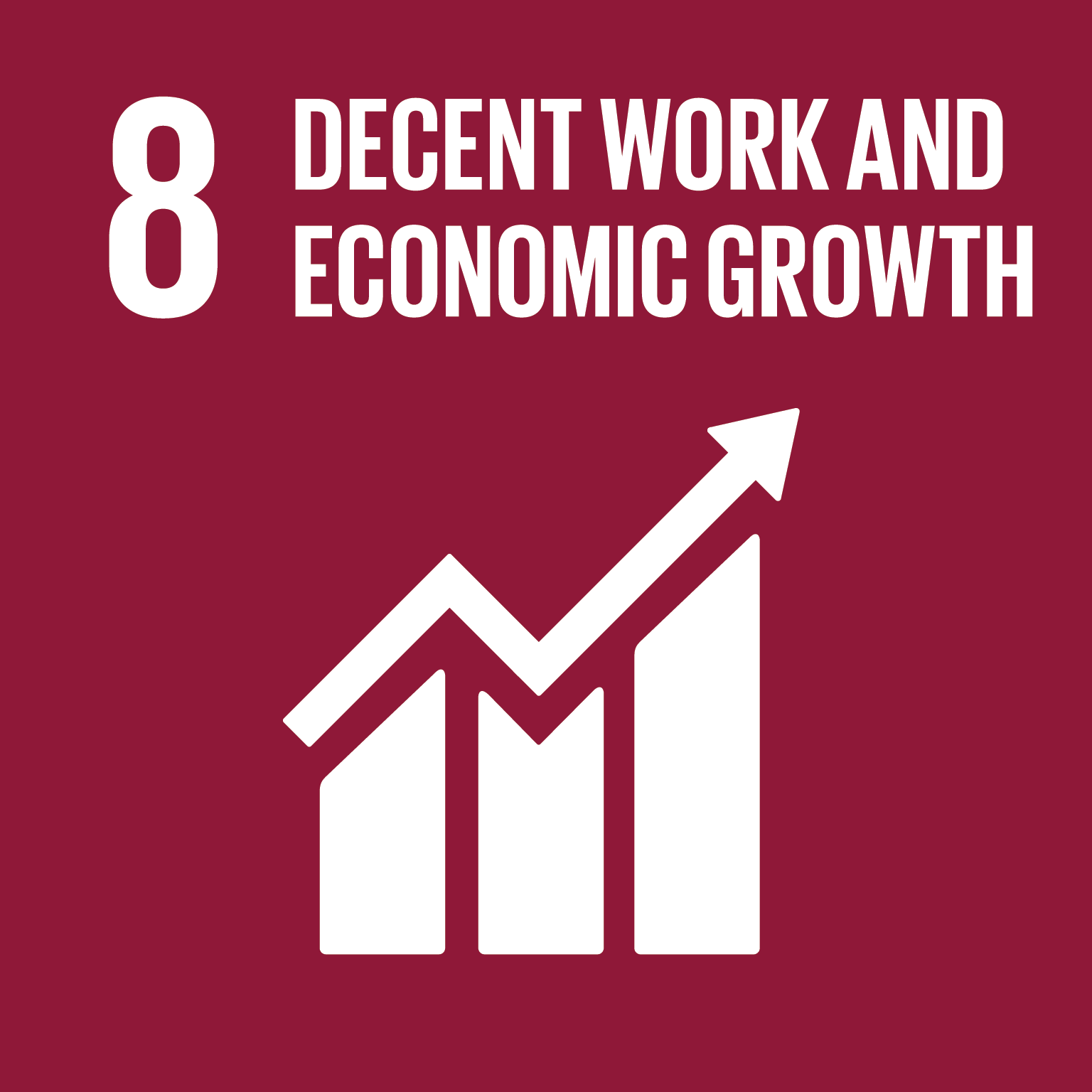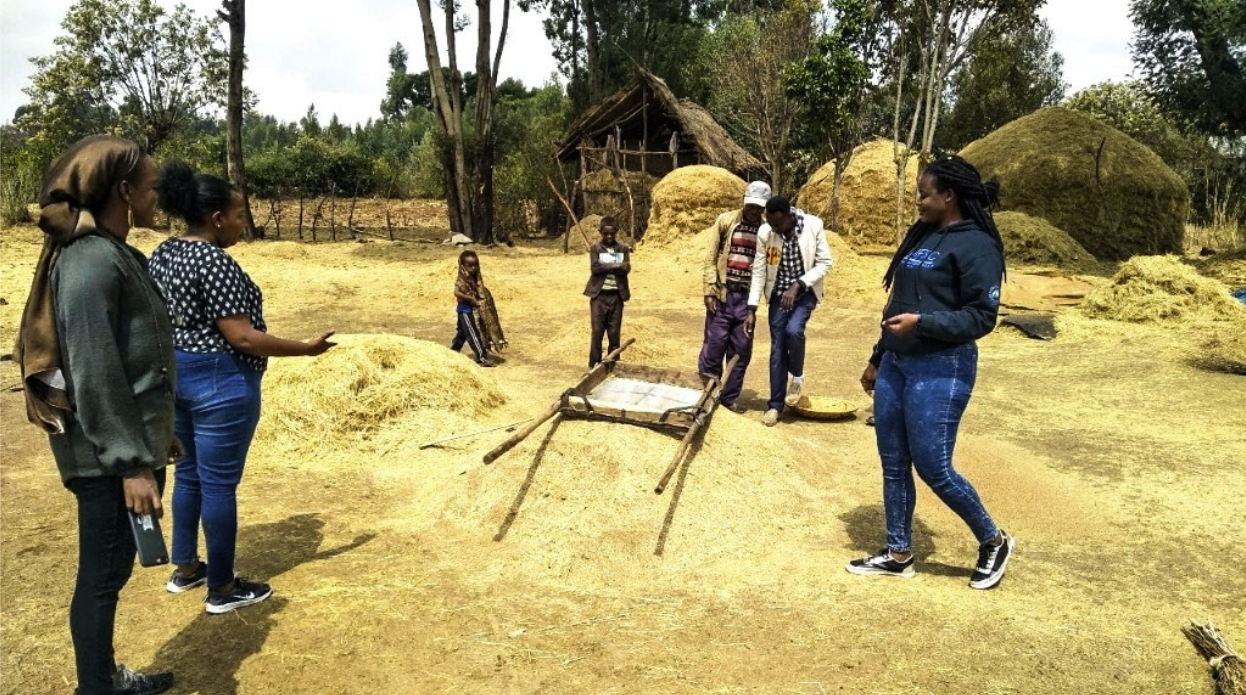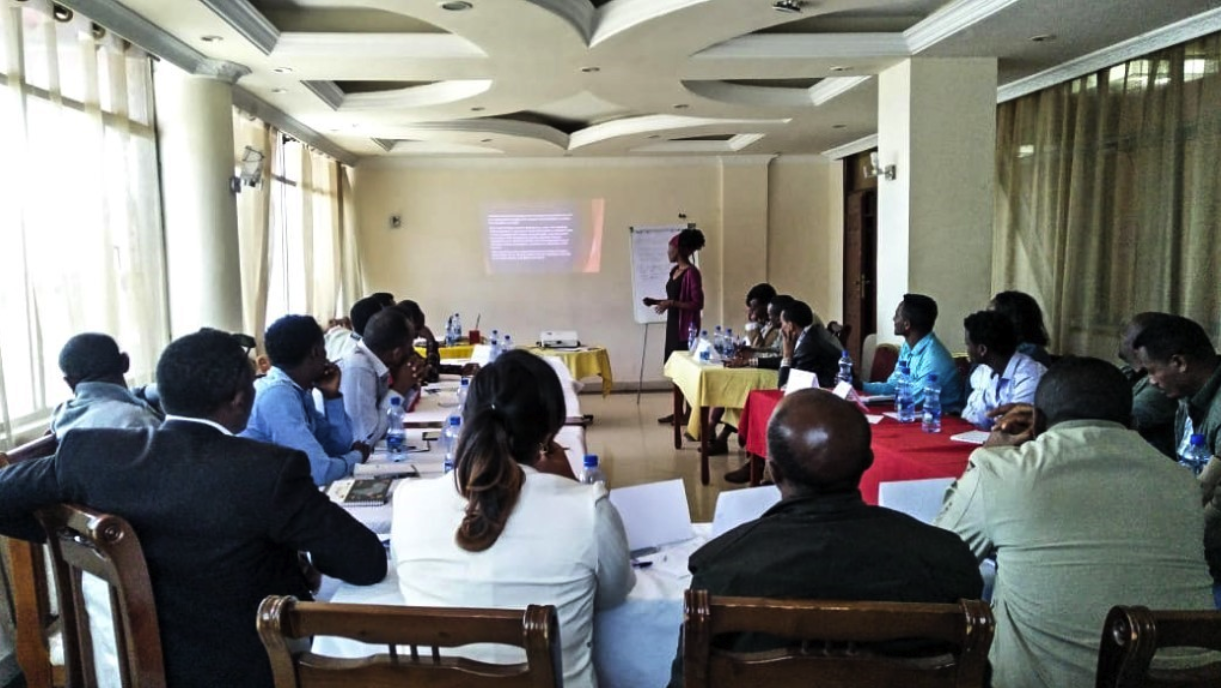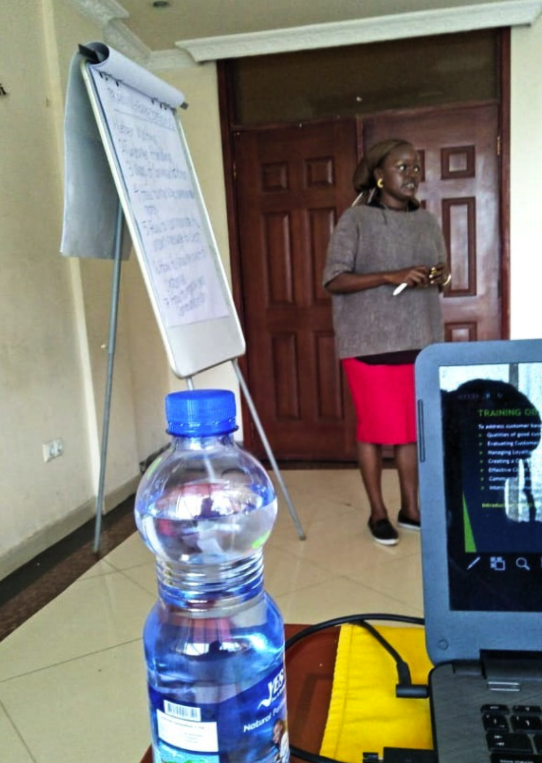Microfinance Development for Improved Livelihoods
Promoting sustainable and inclusive access to financial services for all to secure development and end poverty
Challenges
Although a marked progress in reducing poverty can be observed over the past decades, there is still an unacceptably large number of people struggling to meet their basic needs. People’s lack of access to financial services is a major hindrance for development in the world today. This challenge applies to both Kenya and Ethiopia. The majority of the global poor live in rural areas, are poorly educated, and employed in the agricultural sector. In order to end poverty in all its forms everywhere, it is necessary to ensure that all men and women have access to financial services, including microfinance.
Towards a Solution
The Microfinance Development for Improved Livelihoods project, supported by the Norwegian Agency for Exchange Cooperation (Norec), aims to promote access to finance for small-scale farmers, low-income households, and micro- and small-scale enterprises through sustainable and inclusive microfinance. By developing financial products that are responsive to the customer’s needs, improving customer services, providing technological financial services and efficient training of clients, K-Rep Development Agency from Kenya and Wasasa Microfinance from Ethiopia aim to achieve financial inclusion and offer financial services to wider segments of the population. The two different institutions, K-Rep Development Agency and Wasasa Microfinance, both working with microfinance, exchange personnel, knowledge, skills and experience to promote financial inclusion in the region. The initiative contributes towards achieving Sustainable Development Goal 1 (No poverty), specifically target 1.4, by improving accessibility of financial services to low-income people.
Key outcomes in the project include a higher degree of financial inclusion of low-income people. The role that technology plays in microfinance greatly varies between the two countries, and the institutions have learned the importance of technology as a tool for financial services.
Given that Kenya and Ethiopia have very different approaches to microfinance, all participants from both institutions are exposed to new perspectives on microfinance, and the institutions have learned new skills in portfolio management and gained knowledge on repayment procedures. On a personal level, the exchange participants report higher levels of confidence, increased level of flexibility and adaptability, and better communication and language skills.
The key methodology used in this project is the mutual exchange of professional staff within the framework of cooperation between private institutions. In the 2018–2020 period, 20 employees, ten from K-rep Development Agency in Kenya and ten from Wasasa Microfinance in Ethiopia, were exchanged for a minimum period of seven months. The employees were internally recruited. They also had a minimum of three years of contract time remaining at the time of the exchange. Both of these factors increase the chances of sustainable results. For the programme to have a wide and long-term impact, a sizeable number of staff will need to participate in the exchange programme to replace those who will leave the institutions due to natural attrition. The staff participating in an exchange are recruited from different departments of the institutions in order to bring on board a diversity of experiences, which therefore leads to improved and increased productivity at the institutional level. A number of other steps have also been made in order to increase the chances of sustainable results. These steps include: assigning the people participate in an exchange programme with a mentor to ensure better integration and transfer of knowledge at their new workplace, training staff not involved in the exchange, and documenting key lessons learned.
Norec’s facilitation concept for triangular cooperation is well established. It provides funds to the institutions that recruit the personnel for the project as well as funds for development. Norec plans meetings, conducts mid-term project reviews, and provides training to those participating in exchange programmes as well as those coordinating the projects. The concept of reciprocal exchange of skilled personnel within a variety of sectors is a highly versatile model to upgrade skills, knowledge and capacity.
Focusing on reciprocity and the horizontal design of the project are innovative aspects of the project. The two institutions have jointly identified the needs that the exchange programme will help them fulfil. Some of the results that the private institutions aim to achieve are specific to each of them, and some are common to all. Both partners contribute with respective strengths and learn from each other. Often in development cooperation, projects are designed based on the transfer of technologies from a donor to a recipient country. But the recognition of the value of everyone’s knowledge confers greater ownership of, participation in and sustainability for the project.
Also available in: Arabic | Chinese | French | Portuguese | Russian | Spanish
Contact Information
Mr Helge Espe, Senior Adviser, The Norwegian Agency for Exchange Cooperation (Norec) | Ms Marit Bakken, Director of Programmes, Norec
Countries involved
Ethiopia, Kenya, Norway
Nominated By
Norwegian Agency for Exchange Cooperation (NOREC)
Supported By
Norwegian Agency for Exchange Cooperation (Norec)
Implementing Entities
K-Rep Development Agency (Kenya), Wasasa Microfinance Ltd. (Ethiopia)
Project Status
Completed
Project Period
4/2018 - 12/2020
URL of the practice
https://bit.ly/2GLZaWRPrimary SDG
01 - No Poverty
Secondary SDGs
17 - Partnerships for the Goals
Similar Solutions
